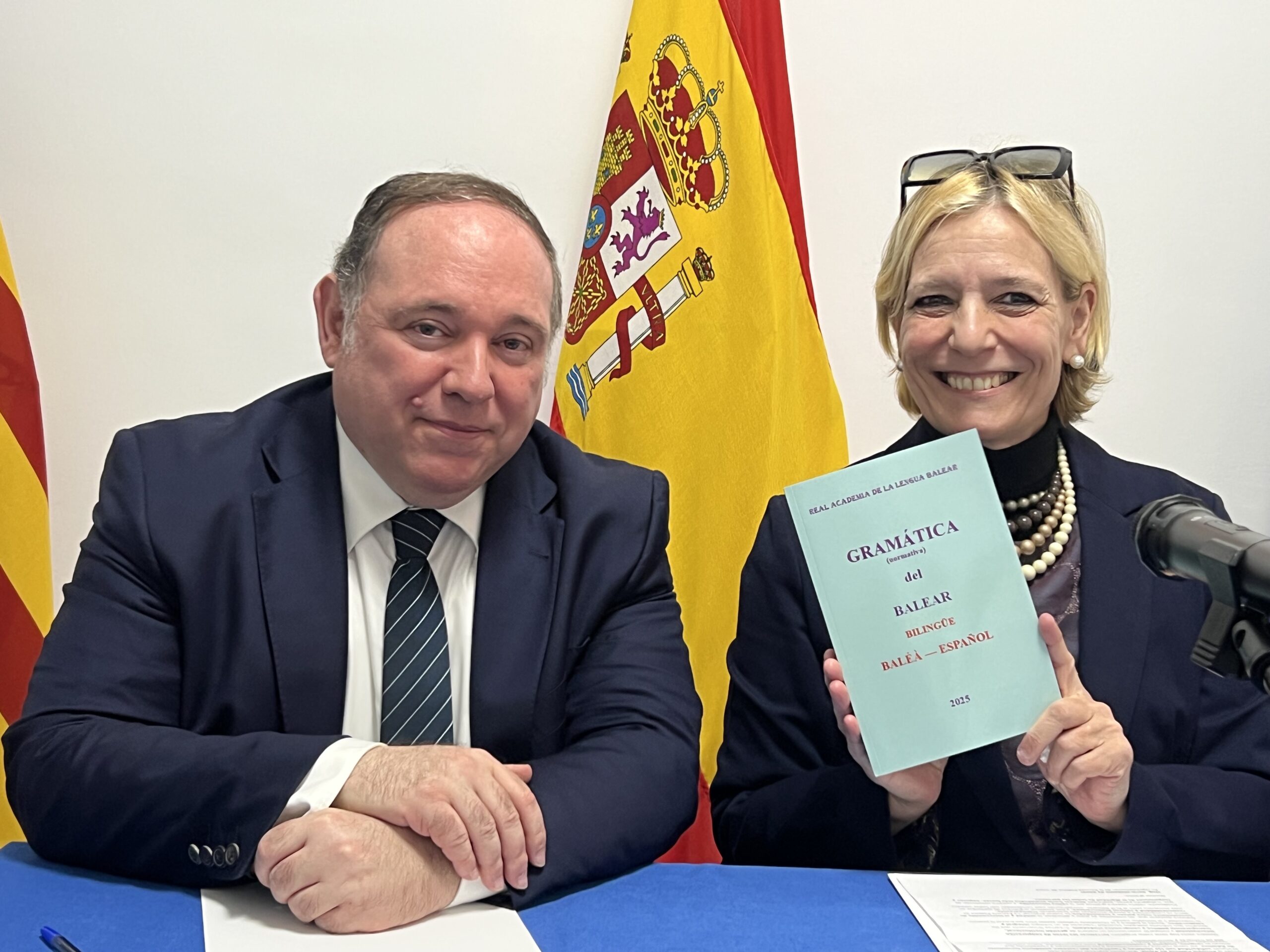
by Karin Silvina Hiebaum
In December, stress also increases for them: giving up on the knowledge obtained produces crises in many children and young people. How to act.The stress of children and adolescents responds to the demand to finish the approved subjects
The stress of children and adolescents responds to the demand to finish with the subjects passed.
Last days of school. The calendar marks the approach of the end-of-year festivities and the holidays. However, these last few weeks before the end of the school year are full of pressure: final exams, oral lessons or presentations of practical work to get grades, completing folders «in a hurry», private classes in a hurry… and even so, there will be subjects that will not be saved and they will have to continue studying and studying during December. The question is: can the children cope with all this?
«Children, although some may be surprised, also get stressed,» says specialist Laura Lewin, author, trainer and TEDx speaker. «Too many worries, problems or changes at home, relationship difficulties with others, unreasonable expectations, and other reasons make them stressed. And in December… stress rises. Exams, final grades, papers, do I pass or repeat,» she adds.
According to the author of «Que Enseñes no Significa que Aprendan» (Bonum publishing house) and co-author of «Educación Transformada» (Santillana), among other titles, stress is «the manifestation of the body in the face of the worries and demands that certain demands produce». These pressures can be internal (children’s own: self-demands, the need to please others, to fit into a circle, etc.) or external (family, friends, school, etc.).
Did your child take himself to the playground? If you want to help him/her, don’t do this
Did your child take himself/herself to recess? If you want to help, don’t do this
«A busy schedule, with no opportunities for recreation, creativity, or simply doing nothing at all, can also lead to stress and anxiety,» says Lewin.
Consequences of living on the run
In this context, the way of life we lead nowadays, on the run, with no time for enjoyment, does nothing to help the situation – quite the opposite, in fact. According to psychologist Ana Gaddi, the stress of children and adolescents is due to the way of life and the demand to finish all the subjects passed, all added to the accumulated fatigue at this time of the year.
«If you add to this context commitments, ceremonies and farewells with overcrowded agendas, there is no doubt that stress responses arise,» says the psychologist. She adds: «I would also say that children and young people are stressed by not being able to meet expectations, especially those of their parents.
Could we say that children today are more stressed than in the past? «In the past, when today’s parents and grandparents were children, the situation was very different,» says Gaddi, who also gives workshops on emotional expression. «There were manageable levels of stress. A certain situation would produce it and then things would go back to normal,» she says. She continues: «Times have changed.
The ‘busy parent syndrome’ and how it affects children
The «over-stimulated parent syndrome» and how it affects children
Today’s overstimulation is such that we barely manage to ‘process’ and ‘elaborate’ what happens during the day. Today’s workdays tend to be long, both mums and dads need to work and the children come home overburdened and with little space for recreation, play and containment.
According to the psychologist, what is experienced at this time of the year, when one has to report on the knowledge obtained, produces crises in many children and young people. «Anxiety responses to these situations are frequently and intensely observed,» she adds.
On an organic level, stress also causes changes. «Studies show that high levels of cortisol (one of the stress hormones) in the body inhibit learning,» says Lewin. They recommend talking about the issue calmly, not as a formality.
Recognise the problem in order to move forward
For Lewin, recognising that children are stressed is the starting point for working to change the situation. «We must be attentive to the signs that show us that our children or young people may be going through situations of distress and stress,» she emphasises.
According to the expert, the manifestations can be:
✔️Emocionales. They are frustrated, anxious, afraid, nervous. They throw tantrums, feel excessively dependent on their mother or father, have phobias.
✔️Físicas. They do not sleep well, have nightmares, nocturnal enuresis, changes in eating behaviour, pains (headaches, stomach aches), muscle contractions, etcetera.
✔️Físicas. They do not sleep well, have nightmares, nocturnal enuresis, changes in eating behaviour, pains (headaches, stomach aches), muscle contractions, etcetera.
✔️Mentales. They have forgetfulness, ruminative thoughts (thinking about the same thing repeatedly), are overly self-critical, fear of failure, etc.
✔️De behaviour. There is crying, nervous laughter, aggressiveness, bruxism, stuttering, sweating, poor school performance. They do not want to play. They want to be alone or cannot be alone. They start to lie. They show overreactions and so on.
«Lowering the stress level is of vital importance for a healthier, more balanced and joyful life,» says the author. According to the expert, over time and as they grow up, many children learn to manage their own stress through play, sport and social relationships. «But they can’t do this on their own, they need help from their parents,» she says.
How to help them
«To help our children manage stress, we must first talk to them. See what is causing the anxiety they are displaying. Look for opportunities to talk to them in a calm environment, and give them time and patience. Let’s not do it if we are in a hurry or as a formality,» recommends Laura Lewin.
Ms Gaddi advises «to self-regulate our emotions so that we can accompany them through these months in the healthiest way possible». And she continues: «keep calm, to operate as models, to talk, accompany and support. Enable the possibility of error and be attentive to disproportionate demands. Make agreements and establish consequences to encourage responsible behaviour. And above all, to express out loud our love and unconditional support for them regardless of their achievements».
In the opinion of psychopedagogy graduate Valeria Rolando Chetta, organisation and advance planning for the different times of the year are fundamental. «Adults can help and teach their children to organise themselves, plan, manage their schedules and encourage study habits from an early age,» she says.
«When, as a family, we encourage organisation, routines, habits, etc., the end of the year does not take us by surprise and anxiety and stress levels are minimised, because it is a sustained work that has been done throughout the year. This is a good way to teach the value of perseverance and not to procrastinate,» she adds.
Is it worth helping them to study?
This is a key question for all parents at this stage of the year. «It depends on their chronological and maturational age and the level they are at,» says Gaddi.
«If they have been able to perform well throughout the year, it will just be a review and you can be there to take their lessons and accompany them if they need it. Autonomy levels are always encouraged. If, on the other hand, the acquisition of learning has been difficult throughout the year, it would undoubtedly indicate an accompaniment by a support teacher to give them confidence, creating a climate of security so that learning ‘happens’ and they can perform well in the final exams,» advises the psychologist.
Adolescents on the cornice: how to respond to «everyone goes» and «everyone drinks».
Adolescents on the edge: how to respond to «everybody goes» and «everybody takes».
In Rolando Chetta’s opinion, it is advisable for families to accompany them in their learning, to help them with homework, to organise themselves, to study until around the age of 10. «The idea is always to be able to encourage study habits that aim at autonomy and confidence and not to make the child feel that without an adult he or she cannot do it. So, from 5th or 6th grade onwards, different tools such as diaries, calendars or other resources are introduced so that they can begin to exercise autonomy over their homework and responsibilities.
According to the specialist, it is at this stage that the adult takes on more of a supervisory role and is alert in case there is something they need help with, but «it is a good time to let go of some things and, for example, if there is a task that has been left undone, let the child experience the situation and learn from its consequences», adds the educational psychologist. There are boys and girls who need to be accompanied by support teachers.there are boys and girls who need to be accompanied by support teachers.
Carrying subjects over is also a learning experience
In that sense, taking subjects and having to study in December can also be formative, according to Lewin. «And if they take subjects, let’s not forget that this situation can be a great learning experience for them. We can reflect together on people who stand out or have stood out. Maybe a physicist, a successful singer or an entrepreneur. Surely they stand out for their talent, their passion and their dedication to what they do or did. But also by the way they identify, confront and manage their weaknesses, and how they act in the face of obstacles or challenges,» he advises.
He adds: «We have all at one time or another failed or made mistakes. What differentiates us from each other is how we have acted in the face of these mistakes, and whether we have been able to capitalise on them or whether they have prevented us from moving forward. It is one thing to fail, but it is quite another to think ‘we are useless’. That is where we have to act as parents. We have to teach them to take risks and try, even if it means possible failure.
She says that striving, persevering and developing emotional resilience is more important than success or failure per se. «We must teach our children to separate their self-confidence from the outcome. Real success is not in winning or losing, but in trying our best, even if things didn’t turn out the way we expected,» she adds.
We are the role model for our children
«Our children are learning. This means that someone has to teach them. If we want our children to learn, we have to show them how to do things,» says Lewin. «We teach when we specifically talk to them or explain some things, but we also teach without realising it, when they watch us, when they imitate us, when they model our behaviours.»
Here are some tips:
✔️ it is good to make demands on them, but we must not forget that each child has their own rhythm and that they need a balance between their school demands and their leisure, recreation, or «do-nothing» time.
✔️Unas mini-holidays can help to overcome episodes of irritability, tiredness or mental or physical exhaustion. Moments of relaxation, play or sport can restore physical and emotional balance.
✔️Priorizar. What is urgent, what is important, and what is not so important. For children, prioritising can be a challenge. We need to teach them where to put their attention first.
✔️Enfatizar the value of effort and perseverance over grades. We have to get children to value effort and perseverance, and to believe in themselves. Childhood is the time in life when children must learn to make mistakes and learn from mistakes. Otherwise, they will be adults without perseverance and will not believe in their skills and abilities to succeed.
✔️No forget the basics: we must respect their sleep cycles, hygiene, a balanced diet, and allow them to enjoy their playtime and physical activity.





